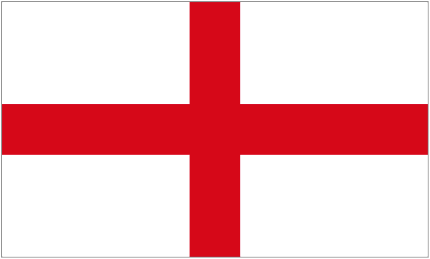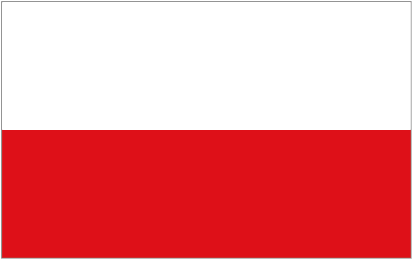The UEFA European Under-21 Championship is a biennial football competition contested by the European men's Under-21 national teams of the UEFA member associations. Since 1992, the competition has also served as the UEFA qualification tournament for the Summer Olympics. In the Euro U-21, Italy and Spain are the most successful teams in the competition's history.
The competition, in its current form, has existed since 1978. Previously, this tournament's name was the Under-23 Challenge Cup, which ran from 1967 to 1970. Bulgaria won the inaugural Challenge Cup in 1967 with a 3-2 win over East Germany. A proper Under-23 Championship was then established in 1972. It was held three times in the same format, and the eight group winners qualified for the quarter-finals on a home-and-away basis. The semi-finals and Final were also held over two legs.
In 1976, at a UEFA Conference, they lowered the age from 23 to 21 for the 1978 tournament, and it has remained so ever since. In 1992, the UEFA European Under-21 Championship became the European qualifying competition for the Olympic football tournament. To be eligible for the Euro under-21, the player must be born in 2004 or later, many may be 23 years old by the time of the Final tournament. However, when the qualification process began, all players would have been 21 or under. The tournament's record attendance was set during the knockout stage between Georgia and Israel of the 2023 Euro U-21 edition. During the match, the live audience gathering was 44,338.













-1751147156949.webp)
-1751107986728.webp)
-1750940756169.webp)
-1750887592577.webp)






